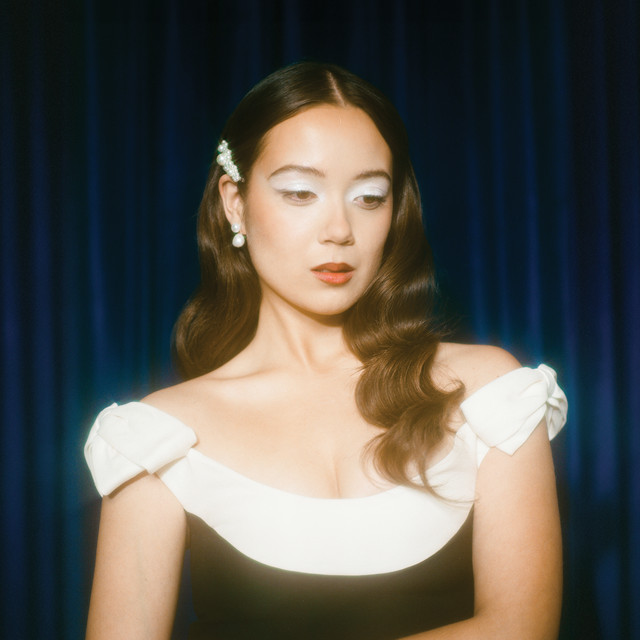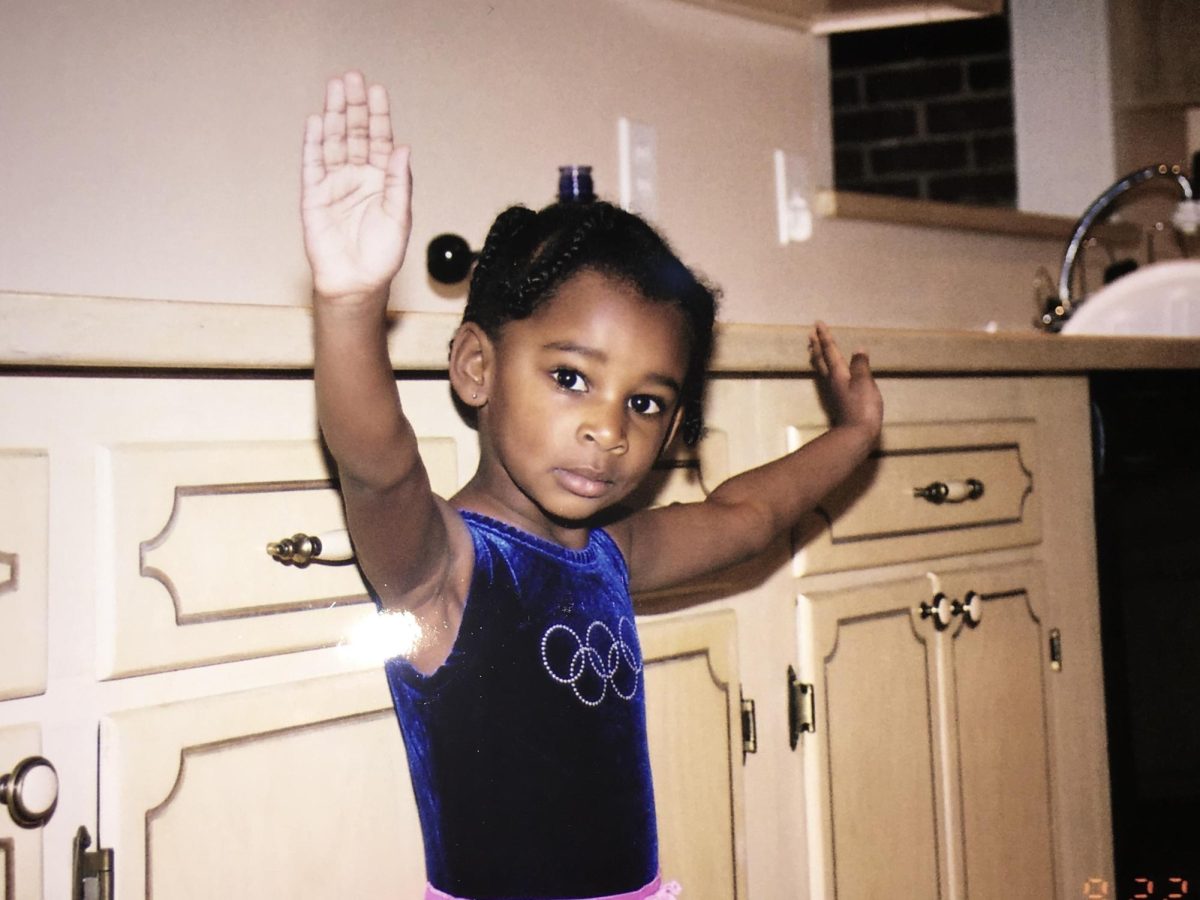Over the years, Laufey has built her unique sound on relatable messages and deeply felt lyrics. After her record-breaking album Bewitched came out last year, she’s entered a new era that, so far, feels considerably more personal. “Goddess,” released on March 6, introduces us to an honest view of the difficulties performers experience when separating themselves from the stage, especially when making real connections with others.
“I’m so naïve to think you loved me for me /
Kissed as I ran off stage /
You’re too old to play this game /
Guess you’re still growing up at thirty.”
Laufey begins the song with a gentle piano melody as she describes the root of this relationship, remarking on the childish treatment she received from her partner. As the song continues, she introduces us to different perspectives people may have of her and the fact that she is someone completely different from her on stage and musical persona.
“You must have felt so damn deceived /
When you /
Made up version of /
Me that you thought you’d love /
But I am not your Aphrodite.”
Aphrodite is the Greek goddess of beauty and sexuality, depicted in many visually stunning forms. In this case, Laufey’s on-stage identity seen through the eyes of her ex is one. Throughout this song, Laufey laments about the deception and disappointment her ex may have seen when she wasn’t performing. How he took her home and must’ve seen an entirely different person without all the perfection, beauty and sparkle.
Something often forgotten about celebrities, in general, is the fact that they, just like the rest of us, are human. They can make mistakes and have quirks, but the media portrays them as gods and goddesses without imperfection. The lyric video for this song even presents us with Laufey posing on a white table in shimmering silver as if we’re watching her through glass at a museum. She’s been put on this pedestal raising her to a higher pressure level, transitioning us into the booming outro.
“You took me for a fool /
You stole my youth /
You wanted this so much /
You watched me rise /
Then killed my light.”
This portion took me by storm the first time I listened. It was the middle of the day at my desk job when I remembered this song had been released, and once this outro began, I couldn’t help the tears. There’s so much pure and unfiltered emotion in this part that drives home the impact this relationship had on her. Tying into the first couple of lines, she mentions a stolen youth, which could allude to the maturity she had to hold in the relationship compared to her ex’s childish perspective.
Media being such a prevalent thing nowadays, as we all doom-scroll through our day, can lead to very artificial relationships between fans and celebrities. In “Letter to my 13-Year-Old Self” off of Bewitched, a lyric remarks on a common childhood experience of people pronouncing her foreign name wrong and laughing. Something that’s been popping up with Laufey’s increasing popularity is the “funny” nicknames she gets called in comments. Some call her “laundry” or “loofa,” which completely backs up the idea of this song that she must be a higher entity who doesn’t experience life and emotions the way we do.
“I’m no goddess when I’m alone.”
It’s important to remember as fans too that we can have this same effect on an artist. Yes, this song is more explicitly about her ex, but it can be interpreted as a message to the fans, reminding us that she is more than a dress on a stage. She’s one of us too.

















